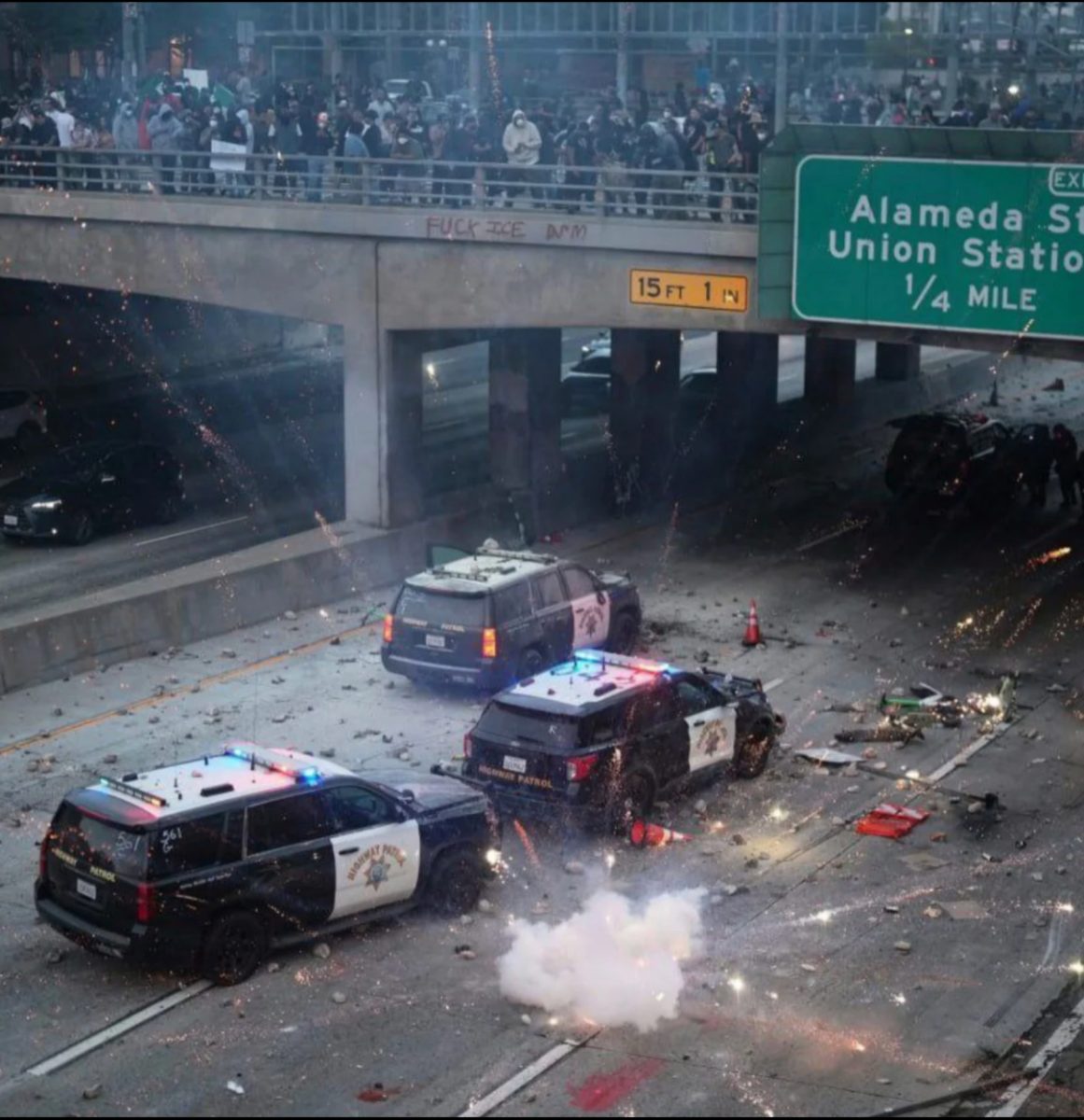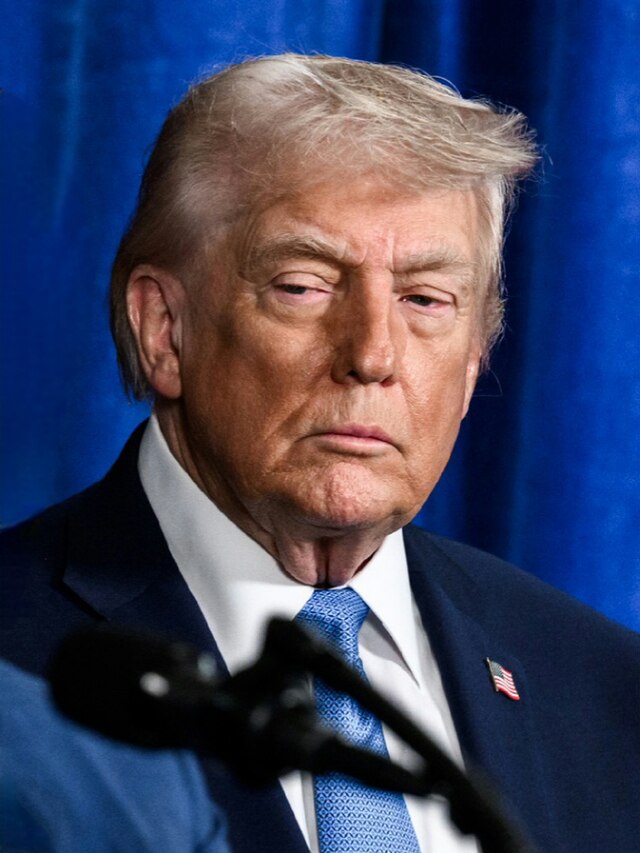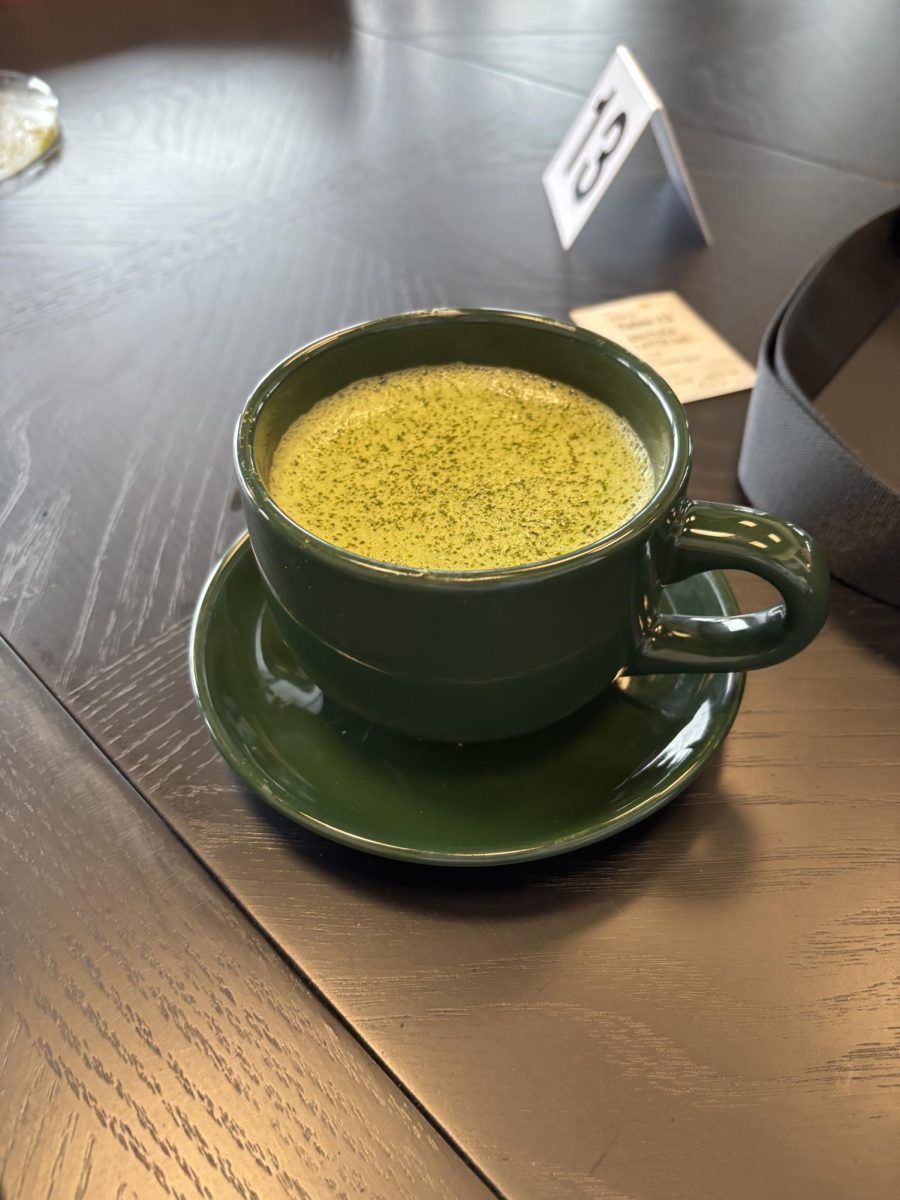Other Prep School’s Policies on Marijuana
February 4, 2020
Several states have legalized or begun the legalization process such as Alaska, Arizona, Arkansas, Colorado, Connecticut, Delaware, District of Columbia, Florida, and Illinois. The general public’s attitude towards marijuana has changed, and the recent change in law reflects the change. The question of what schools should do in order to prevent premature use of marijuana and how policy will change will raise.
The National School Board Association advocates for organizations in schools. The school board association of each state respectively had various opinions on the legalization of weed and reacted differently. None of the state school board associations supported or condemned the legalization of marijuana.
New Jersey and Vermont’s state school board association didn’t feel the need to address the issue since the state had already decided to legalize. The Massachusetts school board association saw no issue because of the laws in place in order to prevent minors from using and possessing marijuana.
In California the school board was afraid that increased exposure to the drug could lead to illegal use of marijuana. The other issue that was raised was that its difficult and expensive to hold extensive drug testing to figure out if someone has invested marijuana. It was determined using data from the CDC that in states in which marijuana was legalized, the rate of teen use dropped.
Several schools have continued to adhere to their no-tolerance drug policy for students. Considering it’s illegal for a minor or anyone under twenty one in Illinois to use marijuana. The punishment at schools such as Interlochen Arts Academy, Pembrokehill, and Memphis University School would be expulsion, suspension at home for day students and at the dorm for boarders, or the loss of any special privileges the student may have received depending on the servitude of their offense.
Carson Crawford, a senior at Providence St. Mel, said, “There is a zero tolerance policy for all drugs, including weed, and I doubt that legalization will change that policy at all. If anything, due to easier access, the drug policy will become stricter.”
For some schools, the drug policy has changed slightly to be less strict on offenses connected to marijuana. These punishments are usually only slightly less strict, i.e. being put on a watch list for possible future offenses or suspension instead of expulsion.
Rian Parker, a student from Interlochen Arts Academy said, “I think all school administrations should handle situations involving marijuana and other drugs with more care and provide students with opportunities for getting help”
Students and teachers are not allowed to use marijuana on campus or near a school unless it’s been medically prescribed. Students who have marijuana medically prescribed would not be able to carry it around on their person. Depending on the state they will have to have their parental guardian administer it for them off campus or have a staff member administer their medicine for them. Teachers are not allowed to have or use weed for recreational purposes on campus.
The Illinois cannabis regulation and tax act is quite comprehensive and includes general state policies about where marijuana can be bought, sold, and possessed. There were previous bills that had allowed the use of medical marijuana.
The newest act states that only people over the age of 21 who meet creation qualifications are allowed to possess an allotted amount for recreational purposes. Illinois is one of the few states who have legalized weed for recreational and medical purposes and that’s why the conversation on how rules and regulations on marijuana will be instituted and how they will look for public institutions.





































